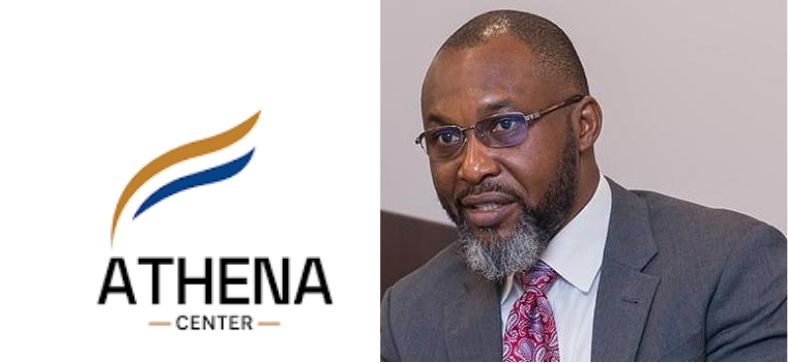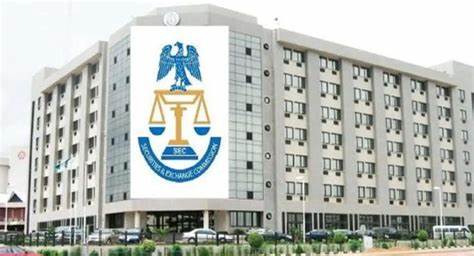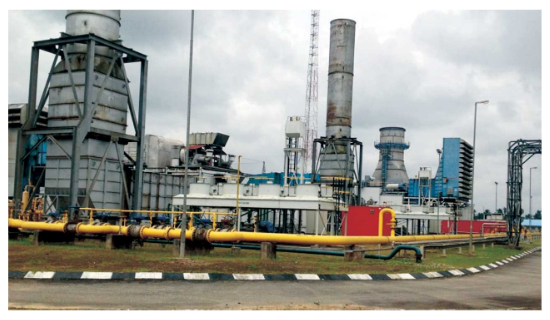Athena Centre for Public Policy and Leadership, a non-partisan think tank, has called for major reforms on Nigeria’s electoral process to guarantee the integrity of future elections.
Founder and Chancellor of Athena Centre for Policy and Leadership, Osita Chidoka, made the call during a presentation of the Centre’s in-depth review of the 2023 off-cycle gubernatorial elections in Imo, Bayelsa, and Kogi States.
Join our WhatsApp ChannelSpeaking during the review on Channels Television’s Sunday Politics programme on Sunday, 18 August, Mr Chidoka, a former minister of Aviation explained that Athena Centre, as an organisation that focuses on working to shape the future of governance in Nigeria, embarked on a forensic analysis of the three off-cycle elections in Bayelsa, Imo and Kogi to determine the extent to which the Bimodal Voter Accreditation System (BVAS) was deployed in the accreditation of voters, compliance with the guidelines set by the Independent National Electoral Commission (INEC) in the conduct of elections, collation of results and how they affected the final outcomes.
Chidoka, during the programme anchored by Seun Akinbaloye, said Athena Centre had immediately after the elections that was held in November last year, written to INEC, requesting for data in the BVAS, collated results at polling units, ward level, local government areas and states, and also documents where the electoral officers recorded canceled results and where no election took place. He added that they also downloaded results on the IReV portal and compared them with what was contained in the BVAS.
According to him, the task took his team of forensic experts at Athena Centre about eight months.
READ ALSO: Ex-Minister Chidoka Proposes 6 Measures To Upgrade Education System In Nigeria To Int’l Standard
Presenting the report state by state, Mr Chidoka showed graphic details of the number of accredited voters as recorded in BVAS, INEC results uploaded on the IReV portal, certified EC8B, EC8C, and EC8D Forms; total number of votes recorded and share of major political parties that participated in the election in the three states.
The Centre’s forensic experts compared the number of accredited voters as recorded in the BVAS machines with results contained in IReV portal and those figures in the copies collated at ward levels, and LGAs to determine the level of compliance with electoral guidelines by finding out if there was over-voting, and inflated votes. “Over-voting occurs when total votes cast exceed BVAS Machine accreditation,” the report by the Centre explained.
The study found high level of usage of BVAS in the election. However, there were discrepancies between what was found on IReV portal and forms EC8B, EC8C and EC8D; cases of over-voting and inflated votes at ward and LGA levels by electoral officers in the three states.
What INEC must do in future elections?
Going by the findings, Chidoka said the Centre recommended that the electoral body should deepen the use of technology at the polling units.
Commenting on the impact of unethical conduct of presiding officers at polling units, ward and LGA levels, he called for prosecution of such electoral officers who recorded votes that did not match BVAS machine accreditation.
He said INEC form should contain what he called an “affidavit section” where the electoral officers should swear and sign that the result they enter in the forms are valid and correct and are liable for prosecution in the event that they are found not to be so. Her stressed that INEC needs to have this provision in place both at polling units, and collation centres.
He pointed out that INEC has power to review results within seven days, but the electoral commission has not used that mechanism. “They should be able to review what the BVAS has against what has been entered and make sure they cancel all the appropriate results that need to be canceled. The seven-day review should not just only be INEC, it should be a hearing where the parties will tender their evidences of what they think went wrong,” Chidoka stated.
He also urged INEC to “deploy and activate the electronic collation software for the BVAS machine to improve credibility, reduce human error, improve compliance and reduce the incidence of corrupt practices by Presiding officers.”
READ ALSO: Bayelsa Guber: PDP Diri Leads By Wide Margin
He also called for implementation of key recommendations of the Justice Uwais report which include setting up “Electoral Offences Commission to handle the prosecution of electoral offenders independently, ensuring accountability and reducing impunity in the electoral process.
“Ensure that all election disputes, particularly presidential and gubernatorial, are resolved before the swearing-in of elected officials. This involves amending relevant sections of the Constitution and the Electoral Act. Copyright and All Rights,” he added.
Other recommendations include that “The recording of the results in the E-Collation system should precede the manual recording in the paper form EC8A.
“The E-collated copy and BVAS Machine auto-generated accreditation data should be uploaded to the IReV website.”
Victor Ezeja is a passionate journalist with seven years of experience writing on economy, politics and energy. He holds a Master's degree in Mass Communication.



















Follow Us